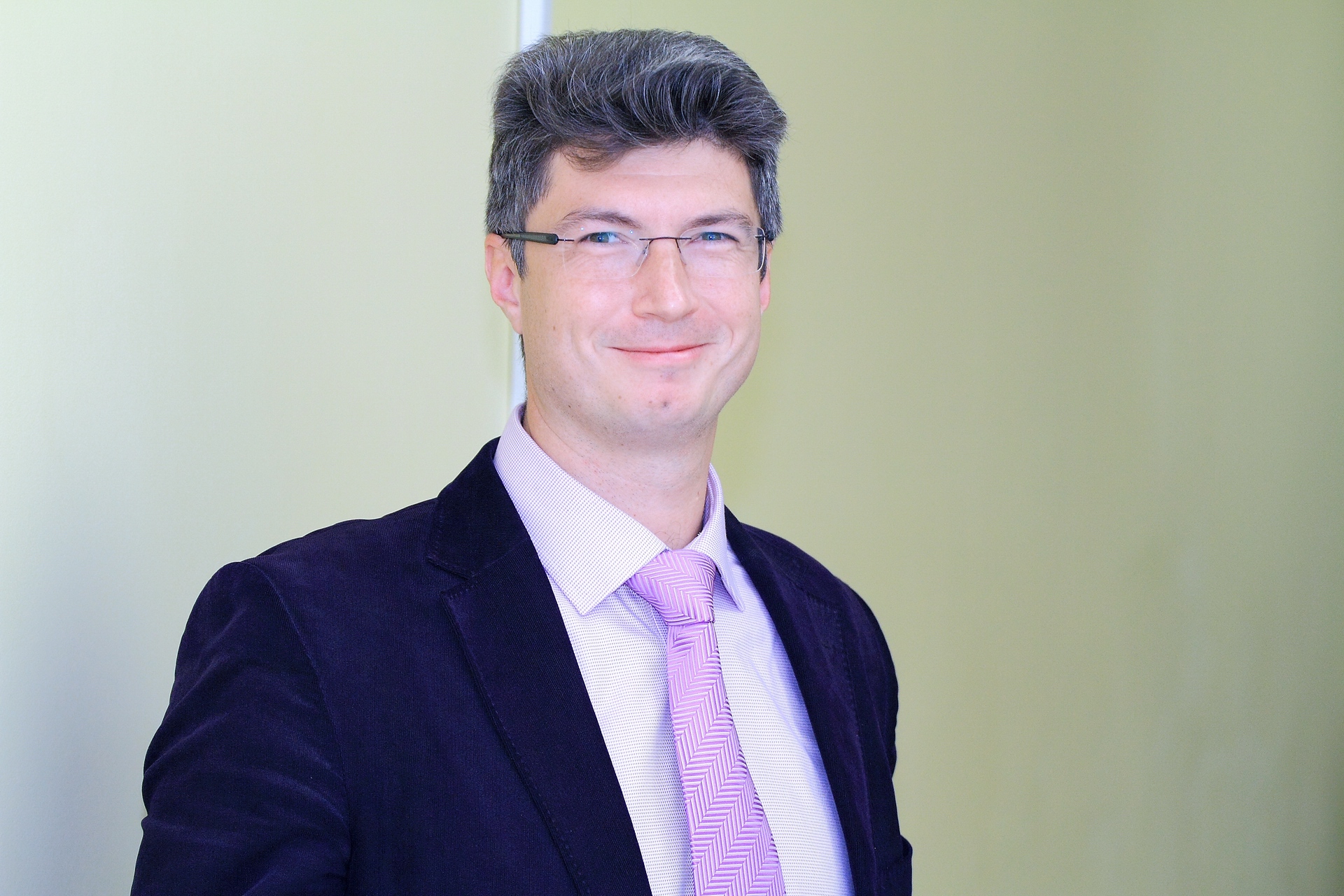From Future to Present: How the Coronavirus Crisis Opens up New Opportunities for Domestic Business

The pandemic has put global development on hold and this is a chance for Russia to occupy market niches that were previously closed. But innovation should become as essential as air and, without information technology, new niches will still not be open. Alexander Chulok, Director of the HSE University Centre for Science and Technology Foresight, spoke about this in a special report at the global conference ‘Accelerate Global 2020’.
In an opening lecture at the Accelerate Global 2020 conference, Alexander Chulok enumerated expanding and contracting markets and touched upon a wide range of fundamental topics: global and national trends, changes in consumer demand and behaviour, promising products and services, forecasts of market volumes and growth rates, potential market development scenarios, scenario forks, breakthrough technologies, changes in value-added price chains, and skills and competencies that are necessary for proactive management of the market strategy.

Today’s winners are companies that have relied on ecosystem-based interdisciplinary horizontal platforms for which an IT component is fundamental. But economists have already put forward a new term: low contact economy — an economy based on minimal contact. The events taking place now are of a transformative nature, says Alexander Chulok. According to him, foreign colleagues use one word to describe what is happening – shock. In Russia, they are more relaxed about what is happening.
How do you keep your current positions on the market? Where do you look for new niches, new clients? How do you acquire new skills and competencies for the future? Today's strategy of following consumer demand, which is practised by many companies, is no longer relevant.
If you think you know your consumer, you are already wrong, because the consumer themselves does not know what his needs will be. We therefore need to think two or three steps ahead
In other words, Professor Chulok suggests, the strategy should be based not on an attempt to satisfy current demand, but on the formation of new consumer preferences, the creation of demand. He recommends focusing not on numerical forecasts, which are devalued by a turbulent environment, but on scenario forks offered by Foresight science.
Trends such as breakthrough technologies, the digitalisation and robotisation of business processes have already become commonplace. But the technology itself does not play a major role, it must be integrated into the value chain, the global chain. ‘Let's be honest: nobody invited us to service them. We broke through and, where we could, clung to individual links. Now the processes are on hold and this is a great time to push those niches that were previously closed to us. A good chance to create your own value-added cost chains,’ says the HSE University expert.
If we take 2020 as a starting point, then according to the iFORA big data mining system, markets associated with the emergence of new diseases, their means of treatment and the production of vaccines will be among the top business niches. In addition, ‘with an aging of population, very large markets open up. According to the UN, by 2050, the proportion of elderly people in the world will triple.’ Developed countries, such as Japan, are heading towards increased life expectancy. In this regard, the social sphere will be transformed, in particular, medical and insurance businesses. In other words, a person-centred story should be successful.
Among the most promising business niches, Alexander Chulok named a group of trends associated with ‘smart cities’ and, accordingly, cybersecurity, the role of which will grow at an accelerated pace. New niches may also emerge in low-tech sectors.
‘I see one of the most serious drivers of the Russian economy as agribusiness,’ noted Alexander Chulok. ‘It has become a platform for the technologies of the new industrial revolution. People often ask, “What innovations are you talking about? Our farmers wear wellington boots and carry pitchforks.” Yes, but these same farmers pull a simple smartphone out of their pockets and use it to steer an agridrone – made in Russia, by the way – to monitor their fields and then log in to a digital platform, such as the one developed by the Russian Agricultural Bank, to negotiate with partners, enrol in training courses, and select new equipment. This is not even to mention dairy production, where augmented reality technology is used to manage our cows.’
Among the increasingly influential trends are those determined by climate change and the state of the environment. Responsible behaviour and ethics can become limiting factors for the development of Russian companies. Ethical certificates may even be created; this topic is actively being discussed abroad. Thus, a scenario fork arises: the price/quality ratio or ethics and ecology will become the benchmark.
Is Russia ready for change? Unfortunately, innovation does not comprise a significant part of our economy, says Alexander Chulok. If developed countries have 50-70% of the world’s innovative active companies, then we have 10-12%. In addition, our national innovation system remains very fragmented, systemic stable links between science, business, and universities have not been formed, despite the fact that there are many successful cases, among which, of course, is HSE University. According to the latest global innovation index, our country ranks merely 47th.
To develop a business strategy, a systematic approach is required based on an understanding of the entire landscape of challenges: a foresight study is developed, taking into account new participants, tasks are determined, and a roadmap is formulated.
And the strategy should be developed not according to the principle ‘from present to future’, but conversely ‘from future to present’. ‘We invest a lot in the technocratic component and forget about people. It is necessary to focus not only on meeting their needs, but also on revealing the consumer's talent, even if the consumer themselves does not yet know about this talent,’ concluded Alexander Chulok.
The global online conference Accelerate Global 2020 for business and IT leaders was held from October 28-29 and broadcast for 24 hours. Representatives of leading companies shared practical experience, case studies, and success stories, answering the question ‘How do we overcome market challenges and accelerate business development?’ The conference was organised by Terrasoft, a key player in the global LOW-CODE, BPM, and CRM markets.
